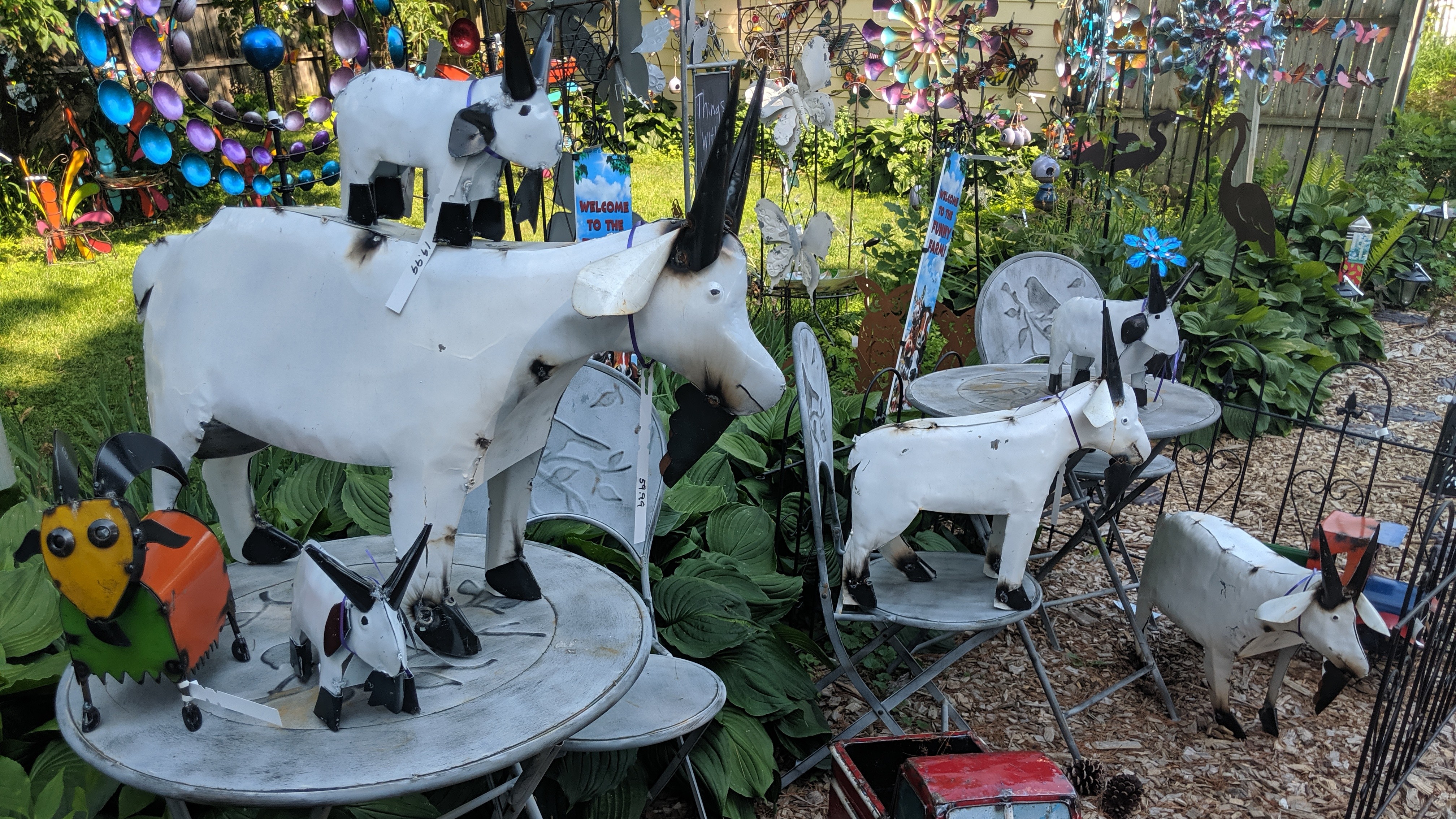
65: Stories of Scapegoats
“No one gets sober unless they want to. Not if you beg them. Not if you shame them. Not if you use reason, emotion, or tough love. There’s only one thing that makes someone get sober: their own realization that they need to do it. And there’s only one time when they will happen: when they decide they are ready.”
– Lori Deschene, Author and Founder of LittleBuddha.com
My mother’s active alcoholism hijacked my teen years. Our family resorted to manipulating and controlling as we each pursued safety and security based on the roles we knew in the dynamic. We all sought impulsive ways to avoid discomfort. Often “if you loved me” began myths of caring and endearment.
My father, brother, and I tried thousands of variations of reason, emotion, or tough love to control my mother’s drinking behaviors and habits.
Secondly, “Truth” and the “brutal truth” are not the same. Sharing my truth is a vulnerable act of love, while sharing the brutal truth about someone else is shame’s weapon. Brutal truths are just clubs wielded during arguments by the self-righteous to change the topic.
I have learned that controlling behaviors have nothing to do with the other person’s alcoholism. For me, all these variations were about managing other people to make me feel more comfortable in my own life.
As a family we often confused what we thought of her alcoholism with what we thought of her. Eventually, every failure and unskillful action became synonymous with her failure to parent, remain sober, or show up emotionally in the most basic of ways. She was often the scapegoat.
I said nothing to my mother though sharing a sarcastically, ironically, or callously brutal truth that she hadn’t imagined about herself. Shaming never works as an engine for change the way we imagine. Every negative comment reinforced her hopelessness. I rarely had a kind word for her for the last five years of her drinking as my teenage anger and shame stewed. Even a decade after she got sober I still struggled to show her acceptance or tolerance. My self-loathing projected onto her.
As Brene Brown writes in Braving the Wilderness, “Dehumanizing often starts with creating an enemy image. As we take sides, lose trust, and get angrier and angrier, we not only solidify an idea of our enemy, but also start to lose our ability to listen, communicate, and practice even a modicum of empathy.”
Eventually, I made her alcoholism synonymous with her identity–and mine. As a result, in many ways I cancelled my parents. There are moments I still grabble with the basic truth that my parents are more than one thing.
Which brings me here.
It took a lot of work on myself to recognize that I made my mother the enemy, not her alcoholism.
My goal is not to change others. As Deschene writes, “There’s only one thing that makes someone get sober: their own realization that they need to do it. And there’s only one time when they will happen: when they decide they are ready.”
I recognize all change is internal growth externalized. If I want a different relationship with others, it is my burden to show up differently and be there for them when they are ready.
Even knowing they may never be ready. Even knowing I may never be ready either.
It’s all a practice.

You must be logged in to post a comment.